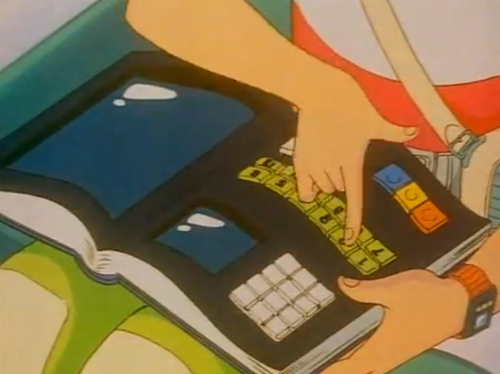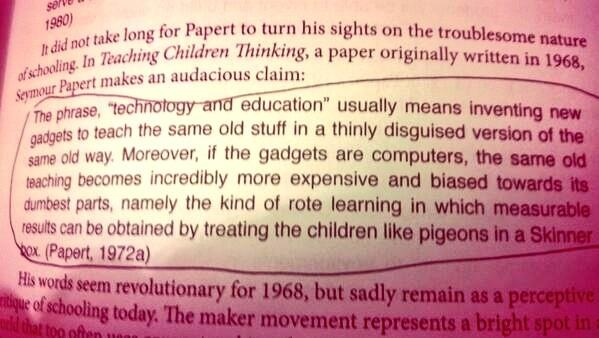Students - My students are my team. I work with them every day. I want them to know why I'm doing what I'm doing, and I want them to know why I make the decisions that I do. When I share my reasoning and decision making, I'm modeling problem solving and leadership skills. I'm inviting them in to the process, and I'm bringing them on board. There are things we need to obscure from our students. When I want stir up student wonder, I may keep things close to the vest to drive their curiosity, but that's more about showmanship than about intentions. The only other things I feel I need to keep from my students are privacy based and safety based issues. Otherwise, I'm a fairly open book with my students.
Parents - Parents are in a different category. They don't get to spend nearly the time with me that their children do. They're not on my immediate team, but aside from my students, they are the largest stakeholders in our mission. On top of that, they're trusting me with their child's development, safety, and future on a daily basis. There is very little (aside from privacy issues) that I wouldn't be willing to share with, or explain to, my students' parents. Some of it comes home via email, some comes home via blogs, and chatting with their child, but it's generally fair game. If parents want more insight into what I'm doing, I'm available most easily by email, and then in person.
Teachers and Administrators - I love sharing. I want everybody to see what I do, and I relentlessly invite people in. They don't come as much as I ask, but I feel like we all do better by sharing. I don't plan well with others, but I share what I've got, and I'm good at stealing your good ideas when they work for me and my students.
Maybe it comes from liking Penn and Teller when I was young. I always thought that magic was cooler when you knew what they were doing, but it still seemed amazing. If I don't know how your illusion works, it's pretty cool, but if I do know, then I'm impressed by the artistry. I think that's how I approach my teaching.
To that end, if you're a teacher who's gonna be in northeast Florida, drop me a line. My students and I would love to have you visit.

